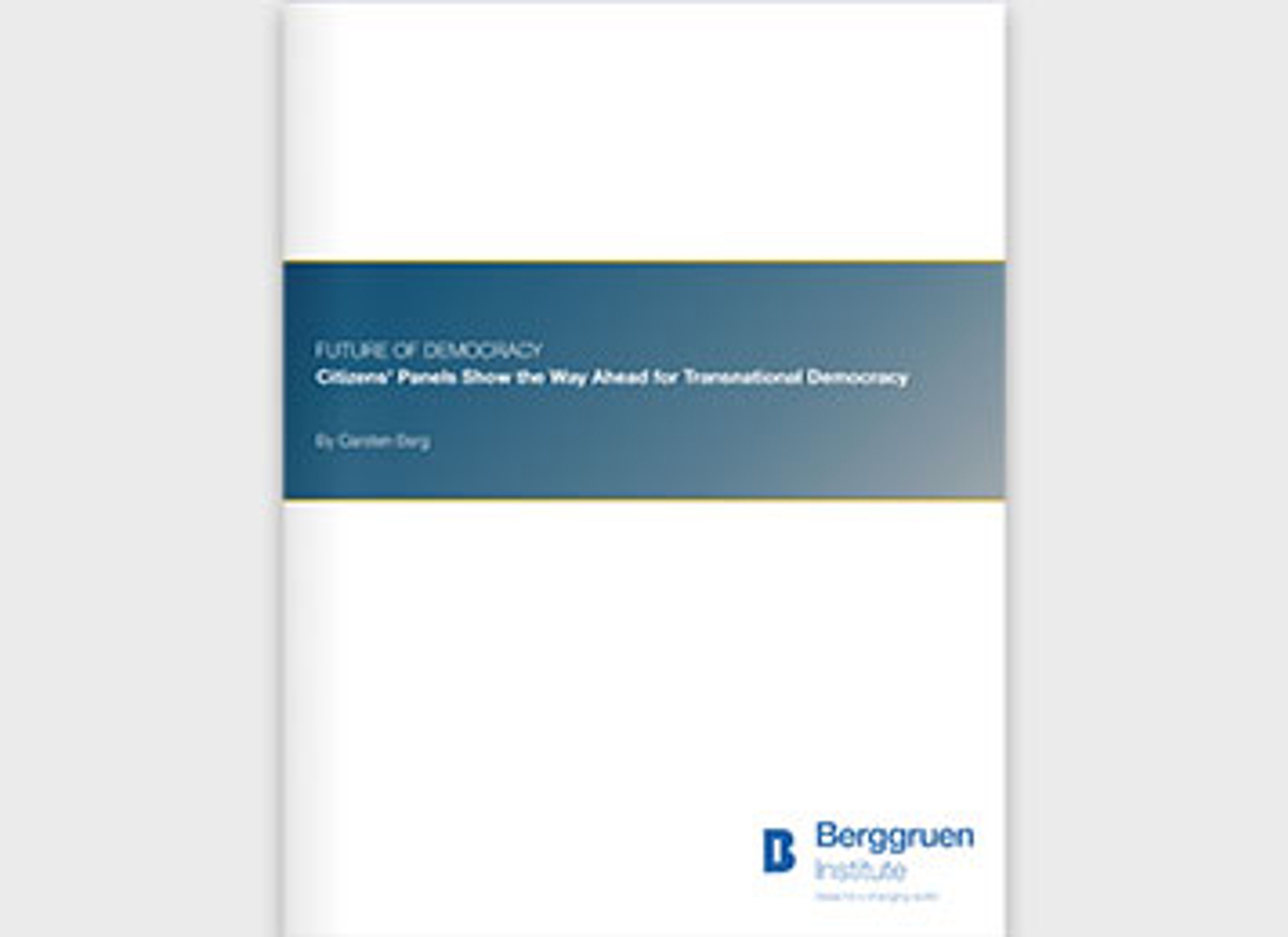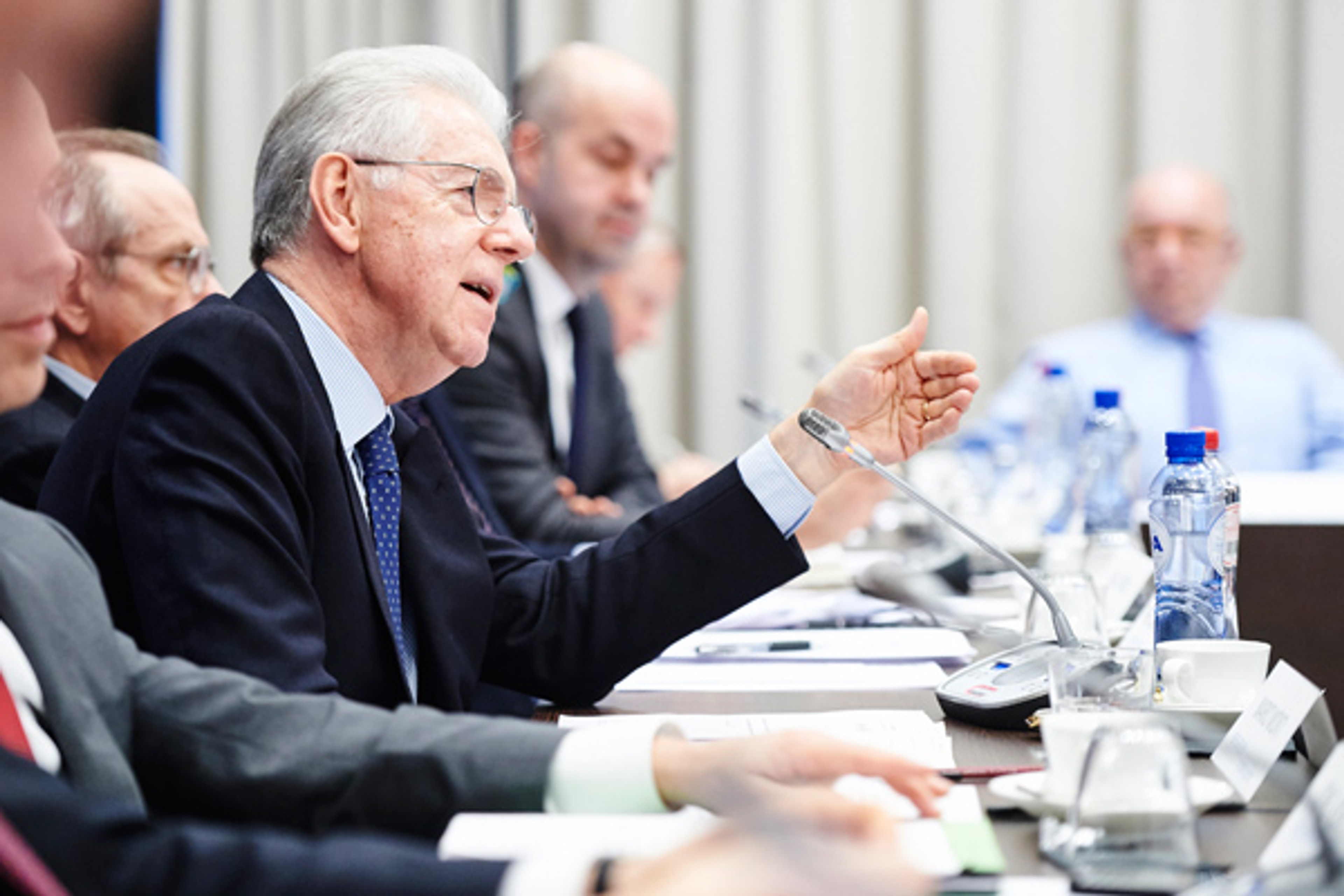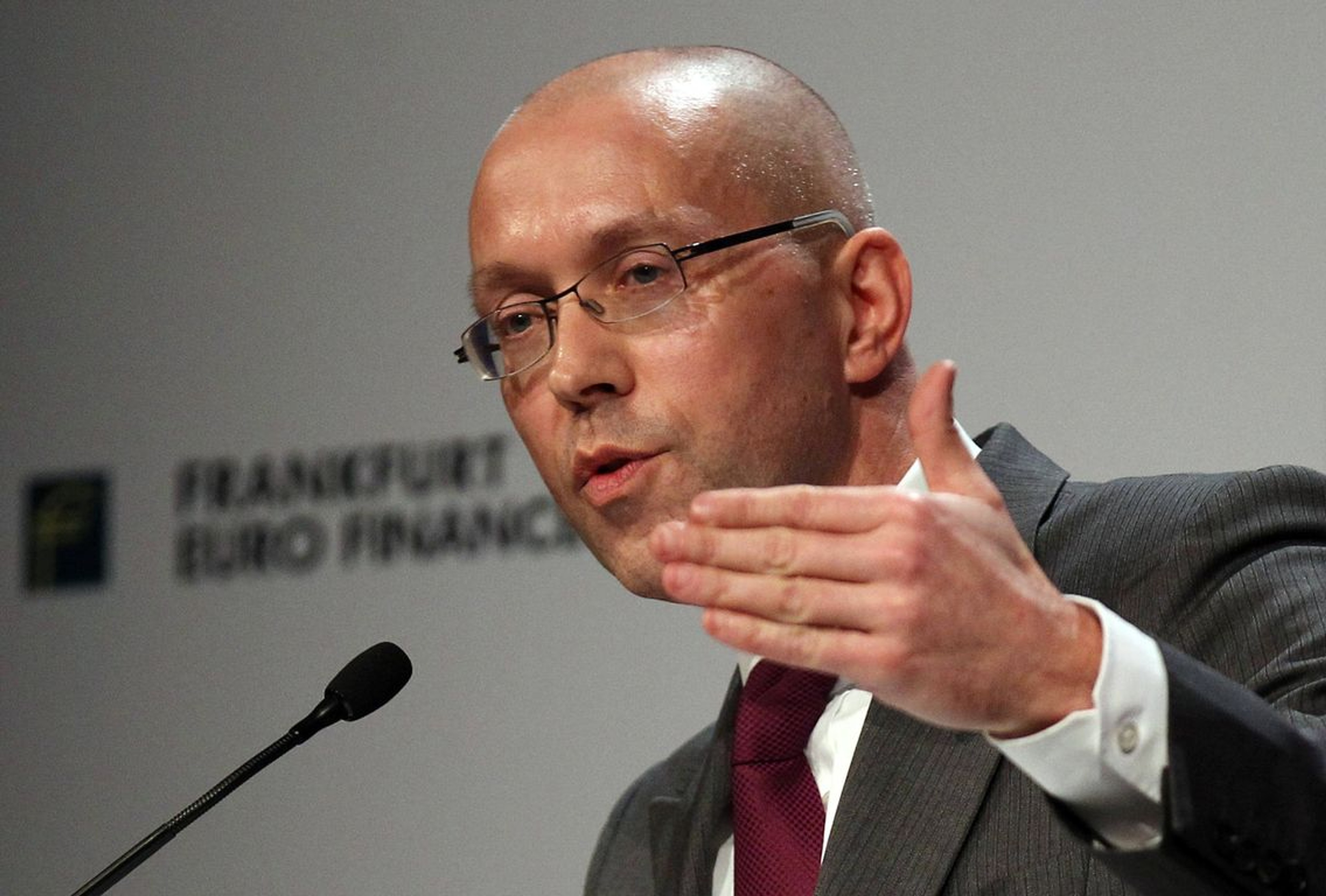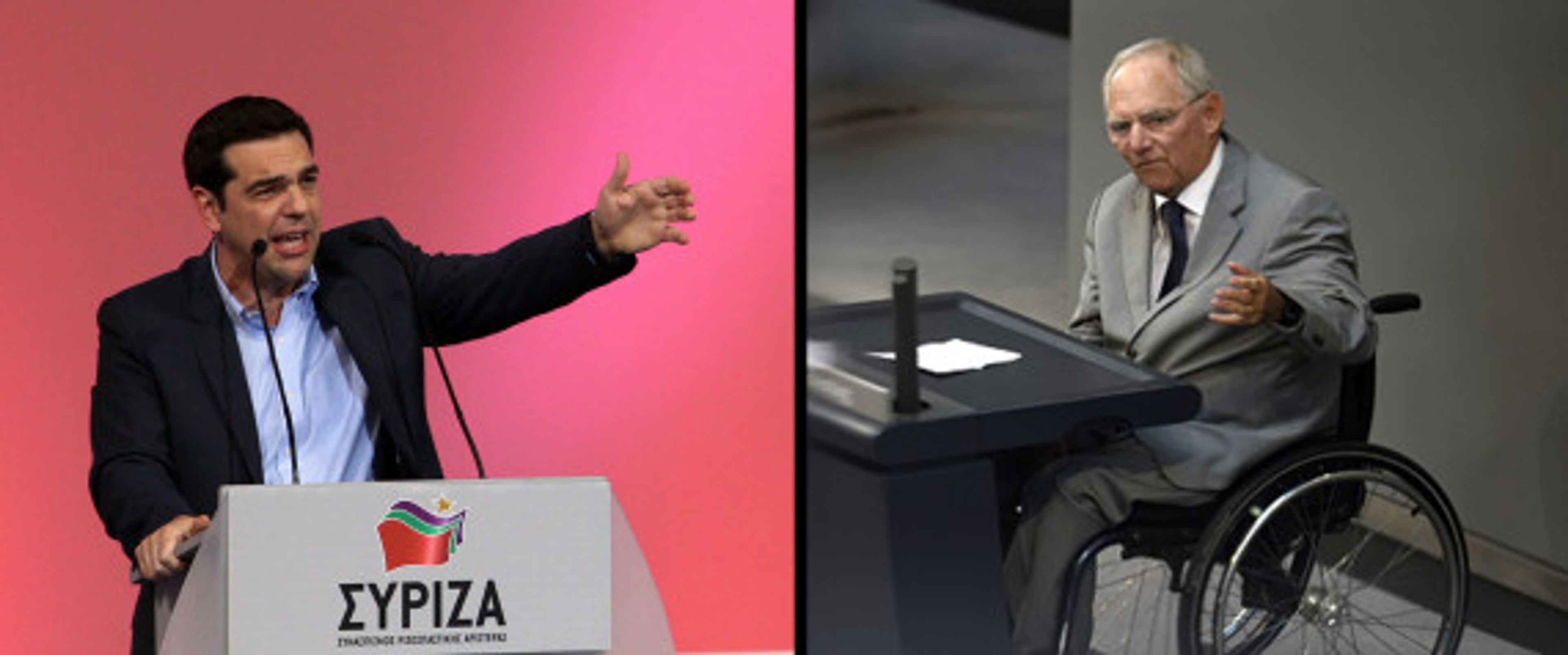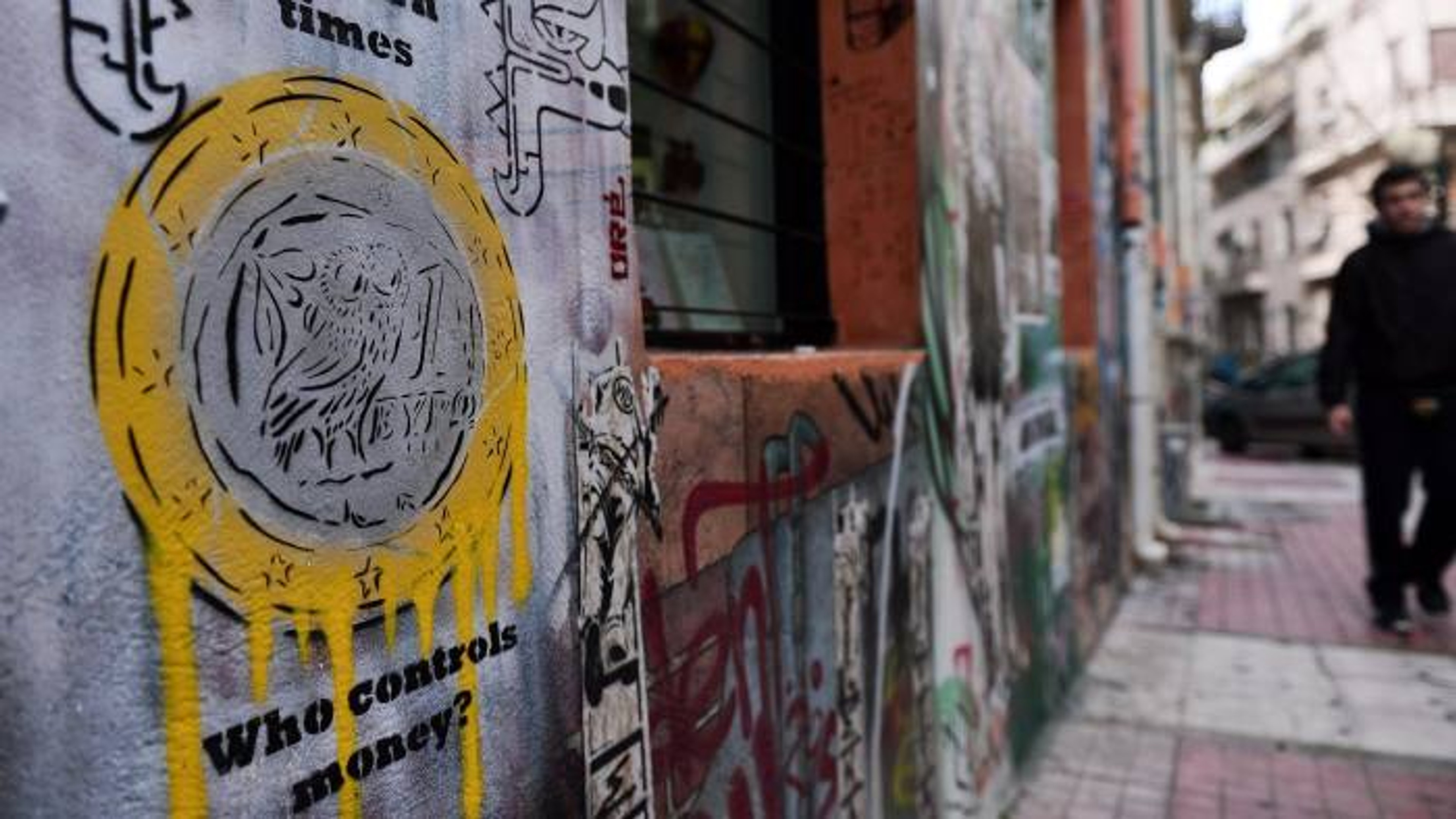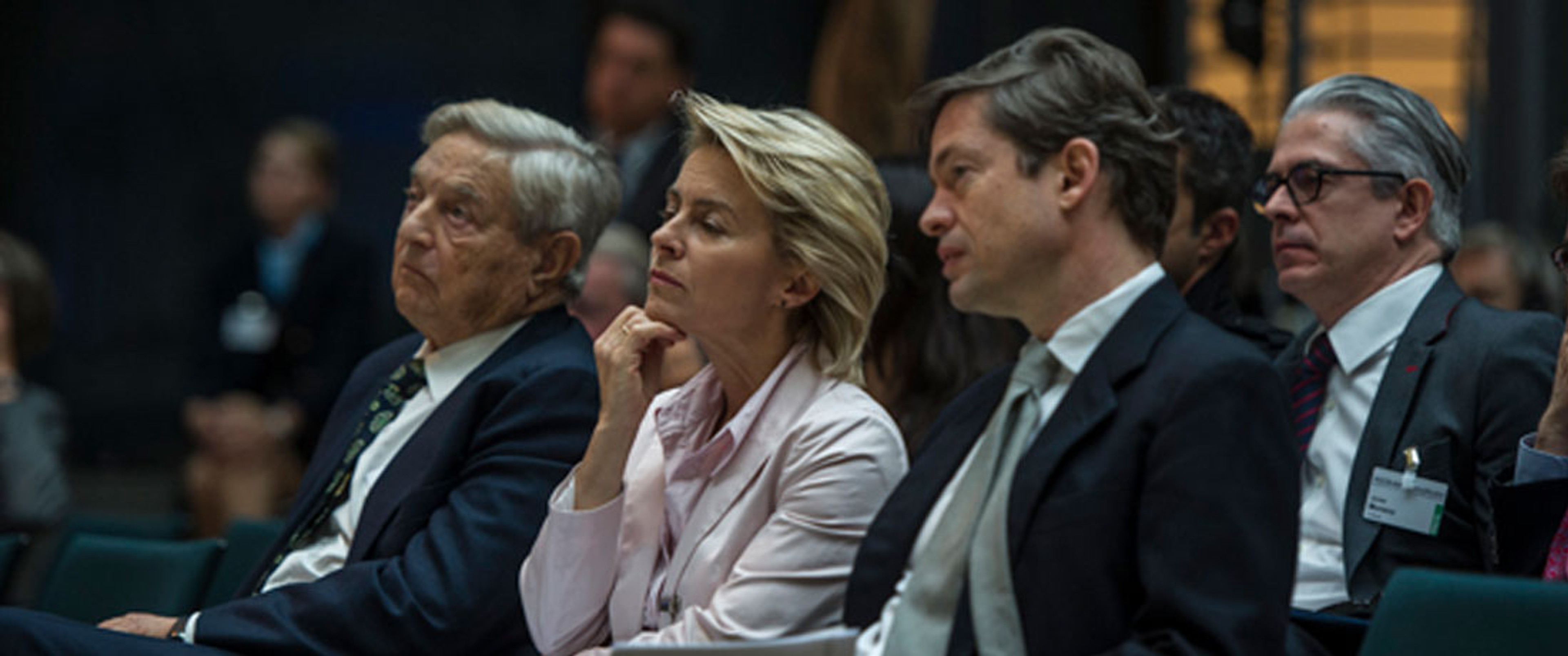Madrid Town Hall: Meeting Summary and Highlights
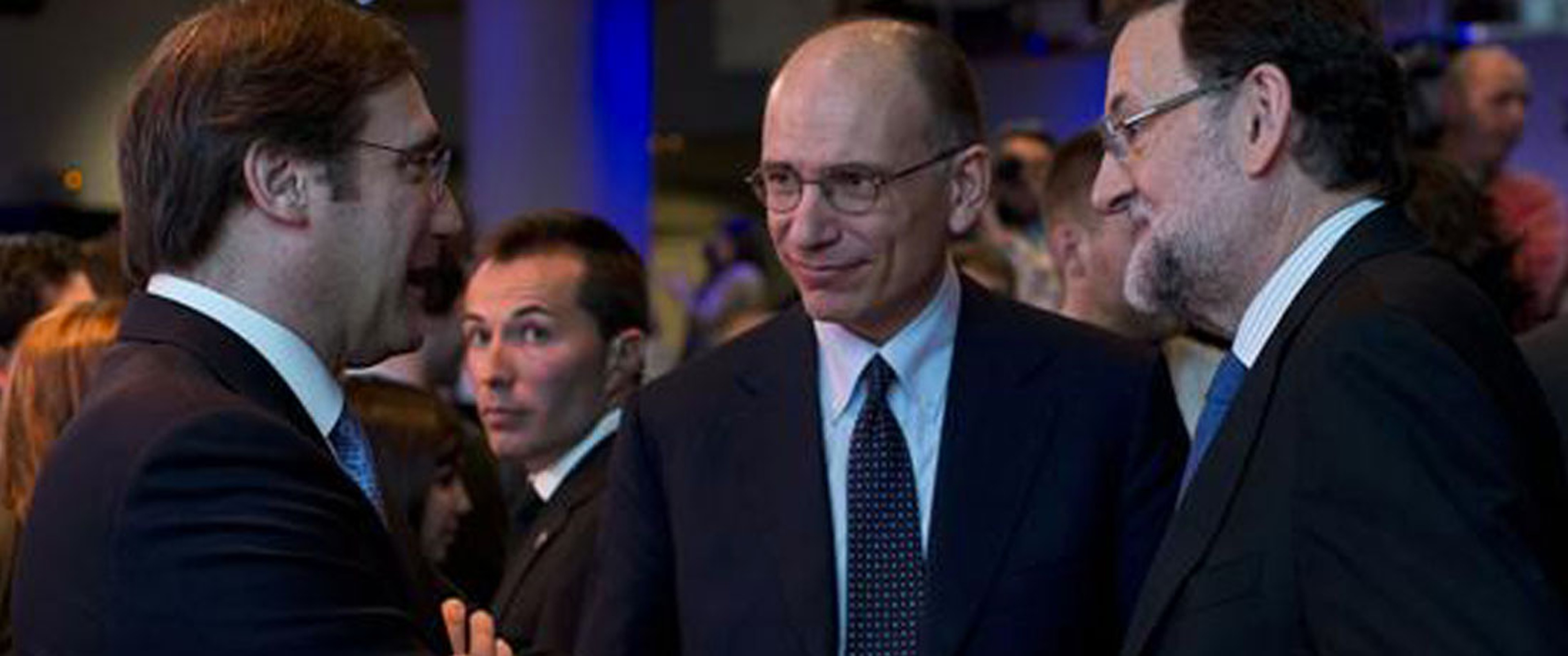
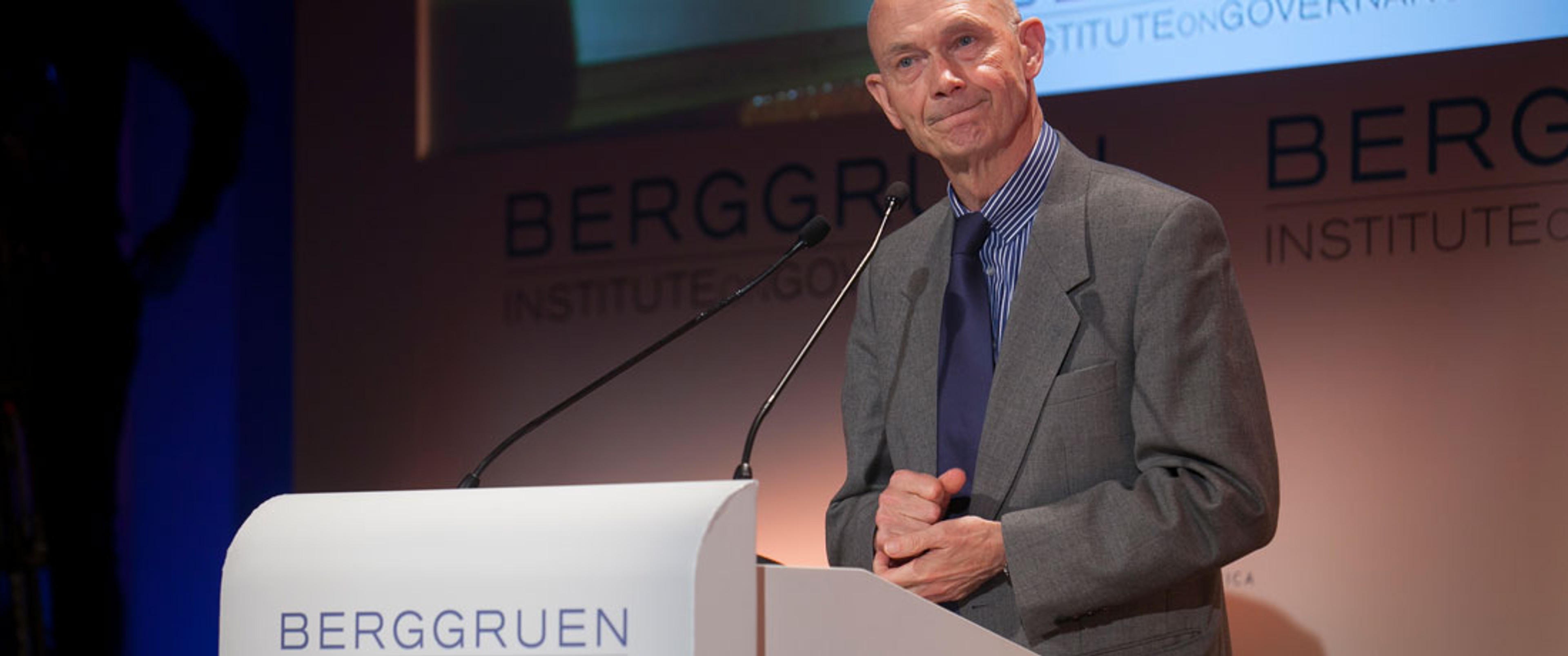
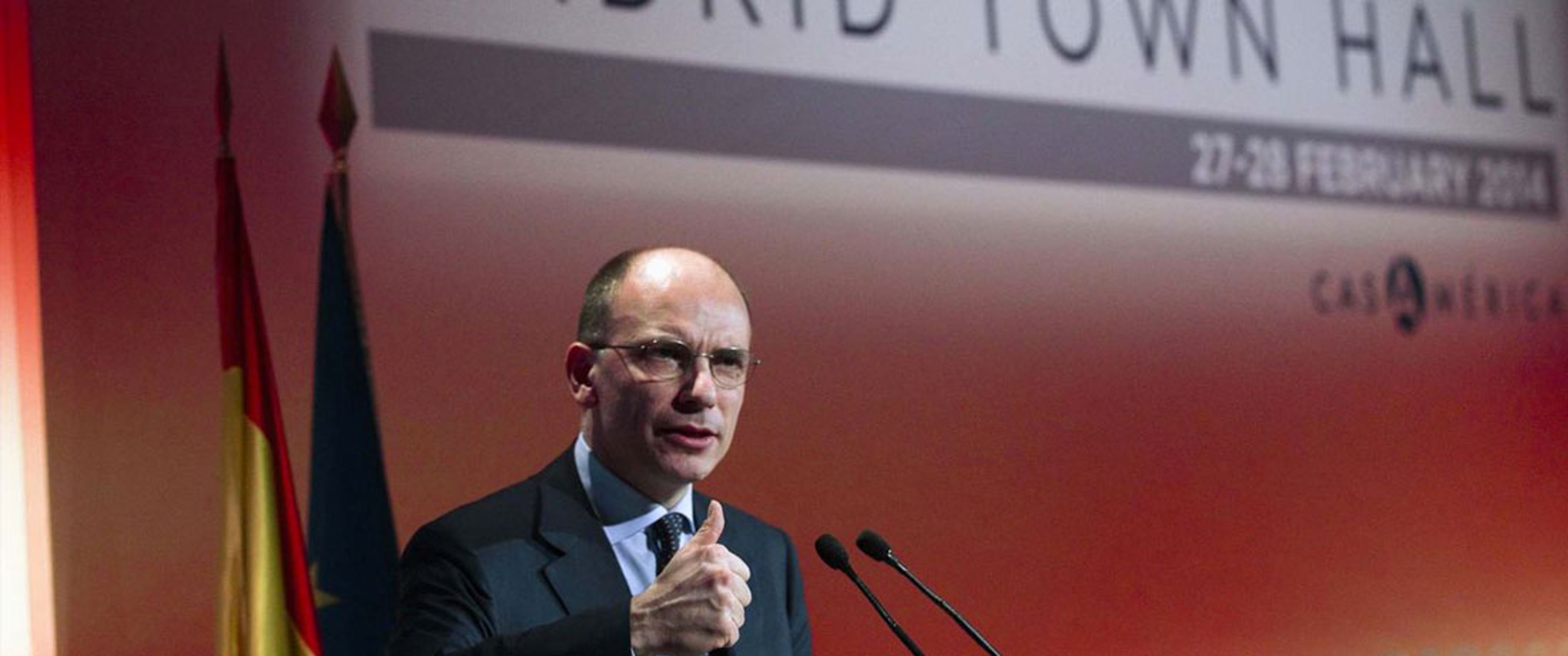
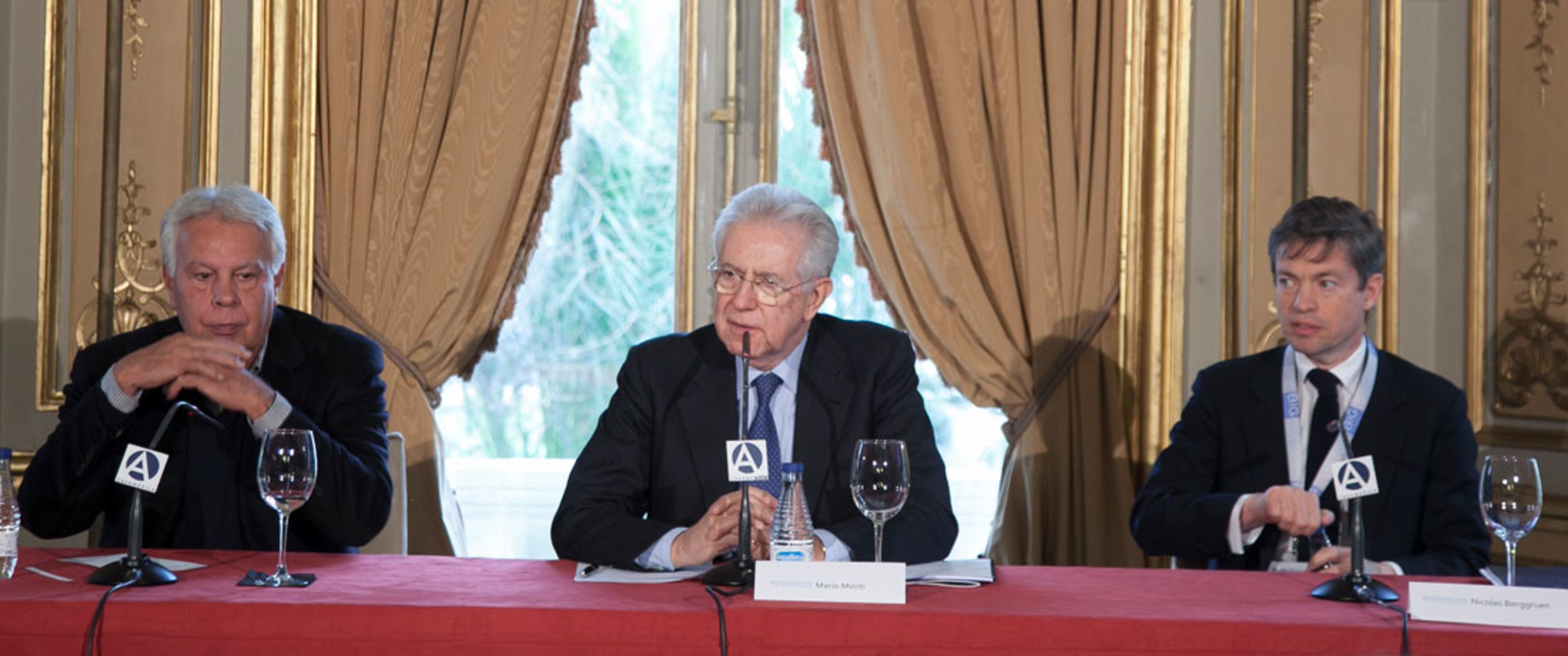
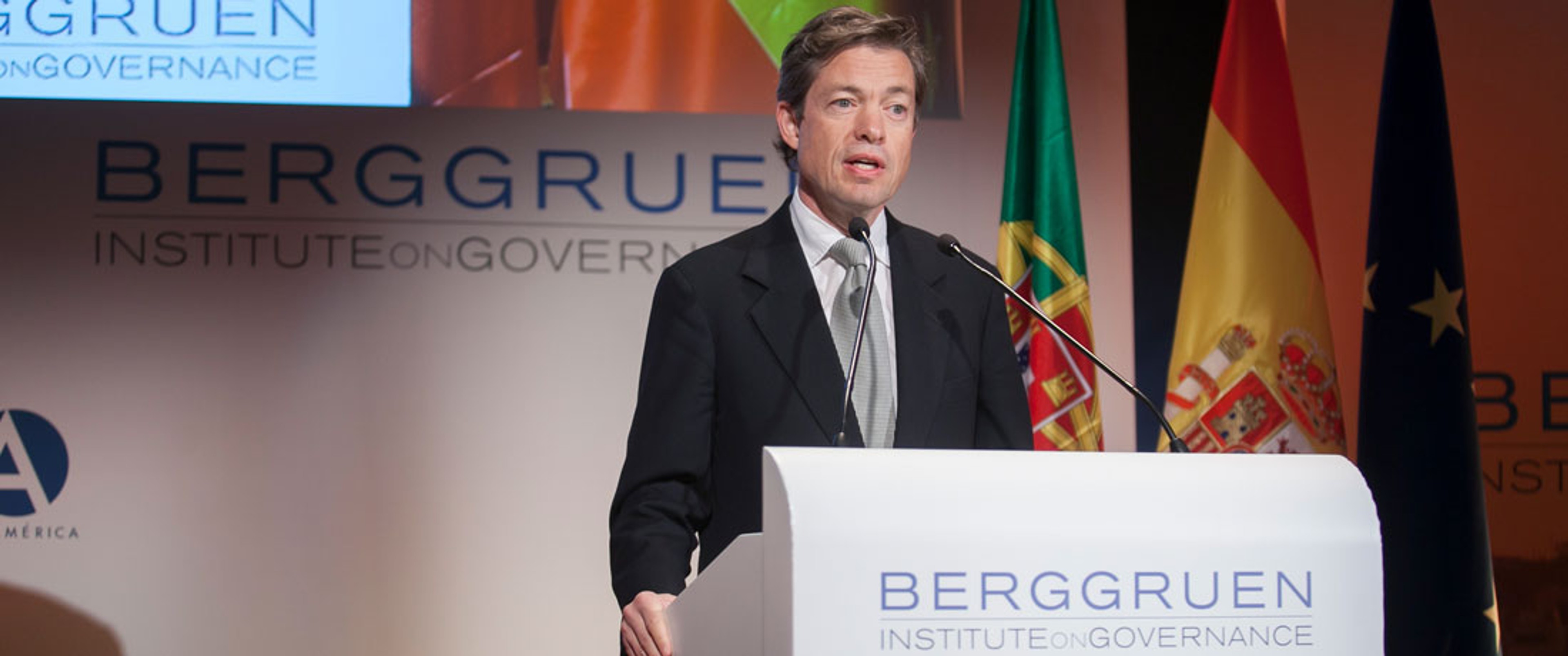
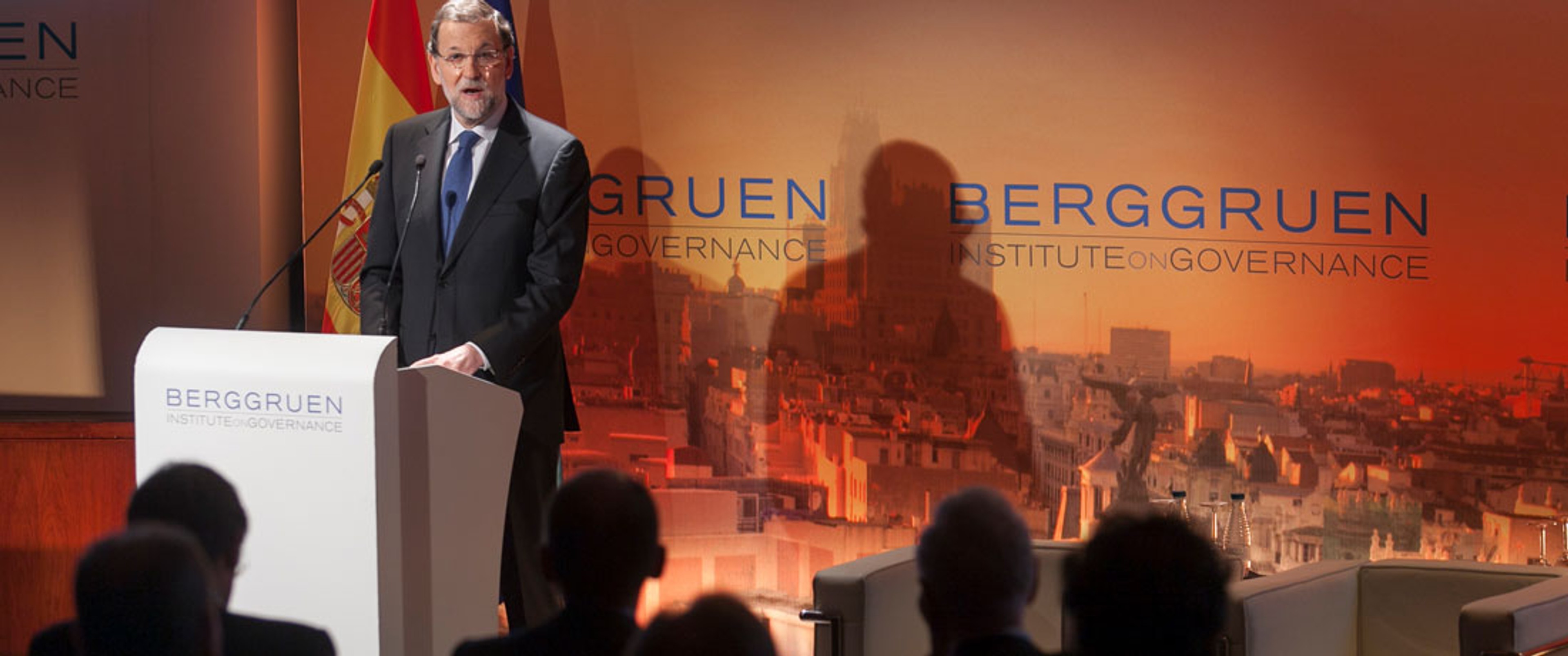
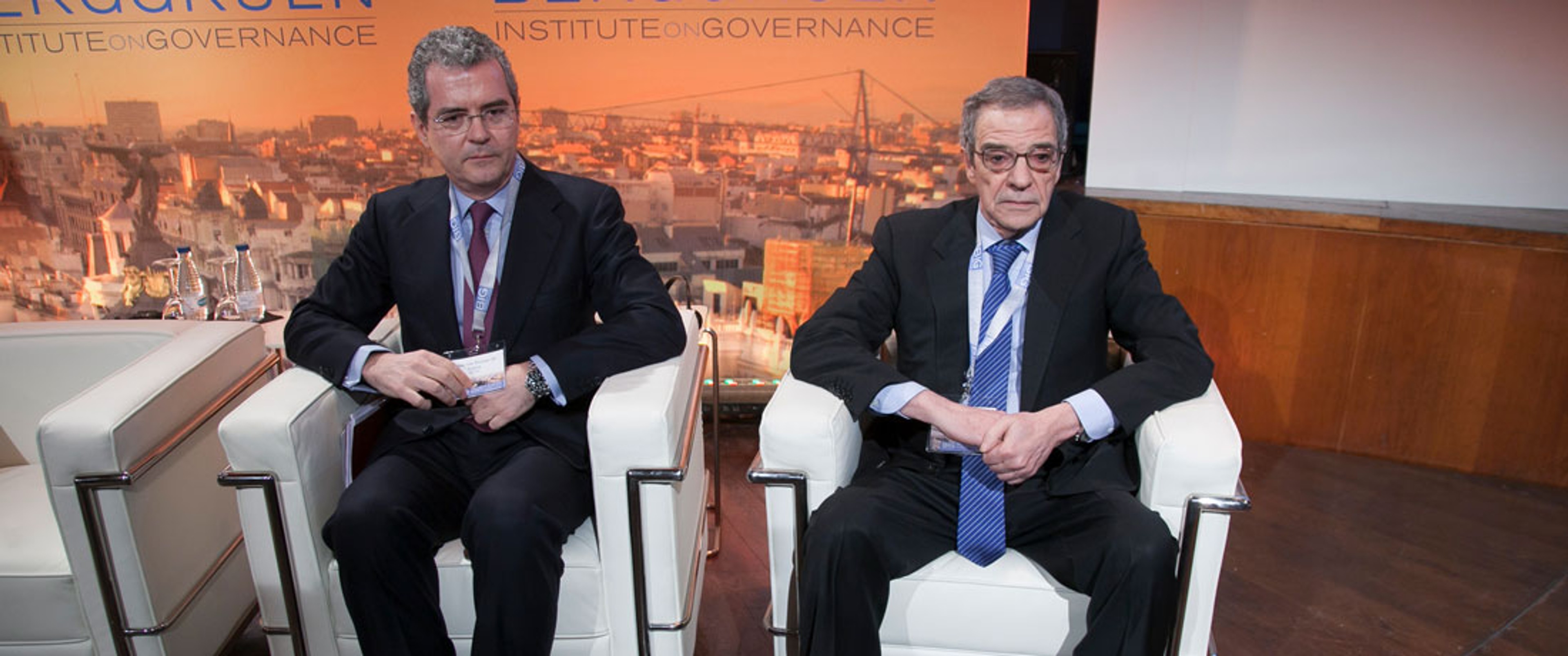

At our “Project Europe” town hall, which took place in Madrid on February 27-28, European leaders from public and private sectors and the media gathered to discuss the issues most pressing to the European economic climate, including youth unemployment, investment and jobs, labor mobility, and migration – as well as populism and the upcoming 2014 European Parliamentary elections.
The meeting was headlined by Spanish Prime Minister Mariano Rajoy, Portuguese Prime Minister Pedro Passos Coelho and recently resigned Italian Prime Minister Enrico Letta.
Former Director-General of the WTO and Council for the Future of Europe member Pascal Lamy introduced the conference with a call for European leaders to tackle “the three key deficits in the European Union today – growth, governance, and belonging.”
Following this introduction, Enrico Letta – Prime Minister of Italy until two weeks ago – made his first public comments since leaving office. He warned the town hall that the rise of populism, fueled as it may be by real concerns over immigration and youth unemployment, would not lead Europe out of its crisis. “They are only against,” he said, “but offer no alternatives.” Letta raised the specter of populist parties gaining a significant share of votes in the European Parliament elections in May, and bringing the kind of “filibuster politics” we have seen from Washington to Europe.
He called for all pro-Europeans to band together to provide a real alternative so that the “flag of Europe is the flag of the future.”
Later that evening, Letta’s predecessor Mario Monti, chair of our Council for the Future of Europe, participated in a “fireside chat” with former Spanish Prime Minister Felipe Gonzalez to discuss a roadmap for Europe. In his remarks, Monti called upon “France to become France again” and stop being “timid” in its approach to Europe.
Also featured on the first day of the town hall were two panels and a speech from Luis de Guindos on the future of the Eurozone. The first panel – “Europe’s Top Priority: Investment and Jobs”- was moderated by Jose Ignacio Torreblanca of the European Council on Foreign Relations, and included Magdalena Alvarez Arza, Vice President of the European Investment Bank; Giuseppi Recchi, the Chairman of ENI; Pierre Blayau, the Chairman of the Supervisory Board of Areva; David Bonderman, the Chairman of TGI Capital and member of the Council for the Future of Europe; and Jacob von Weizsacker, Head of Department, Thuringian Economics Ministry.
A second panel, moderated by Maria Casado, focused on “Migration, Labor Mobility and Youth Unemployment”, and included Jörg Asmussen, State Secretary at the Federal Ministry of Labour and Social Affairs; Peter Sutherland, UN Secretary General’s Special Representative for Migration & Development; Marina del Corral, Secretary General of Immigration and Emigration, Spain; and Ignacio Fernández Toxo, President of the European Trade Union Confederation.
The second day of the conference opened with an introduction from Nicolas Berggruen, in which he said that the three pillars of Europe – the single market, economic integration and the free movement of people – are all being challenged.
Following these remarks, Portuguese Prime Minister Pedro Passos Coelho addressed the town hall on the subject of Portugal’s future. He argued that completing a European banking union was of utmost importance to mend fragmented financial markets that are depriving Europe’s southern countries of the affordable credit they need to grow.
His plea was echoed by Spanish Prime Minister Mariano Rajoy, who gave the town hall’s closing keynote. Rajoy said that, now that Spain is over the worst of the financial crisis and headed toward recovery, Europe should not be complacent, but move forward quickly toward fiscal and, ultimately, political union.
Prime Minister Rajoy also told the town hall that the Council for the Future of Europe “has become the benchmark in reflection and debate on the future of the project of European integration.”
The second day also featured two very robust panels. The first, chaired by Sylvie Goulard, focused on populism and the upcoming European Parliamentary elections with candidates representing all parties. During the panel, Guy Verhofstadt – former Prime Minister of Belgium, President of ALDE, and member of the Council for the Future of Europe – criticized the isolationist streak of populism. “How can we solve global issues by hiding behind our borders?” he asked. “All challenges are transnational.” Michel Barnier, vice-president of the European People’s Party, argued that pro-Europeans must respond with a positive vision of Europe to the real concerns of populists — youth unemployment and jobs, immigration, bureaucracy and red tape in Brussels, and the lack of democratic legitimacy of European institutions. The panel also included Monica Frassoni, Co-chair of the European Green Party; Alfredo Pérez Rubalcaba, Secretary General of the Spanish Socialists Workers’ Party; and Iñigo Méndez de Vigo, Minister of European Affairs.
In a panel on Spanish competitiveness, Pablo Isla, Chairman of Inditex, and César Alierta, Executive Chairman of Telefónica, both warned that the economy’s recovery from the recession was not enough to produce jobs and long-term growth in Europe. Facing the advances of digital technology and competition from the US and China, Europe must make the tough structural changes in labor markets and regulation in order to become competitive again.
The entire proceedings were streamed live on The WorldPost, which can be seen here (Day 1) and here (Day 2). Comments by Rajoy, Passos Coelho, Monti and Letta can also be found on The WorldPost.
